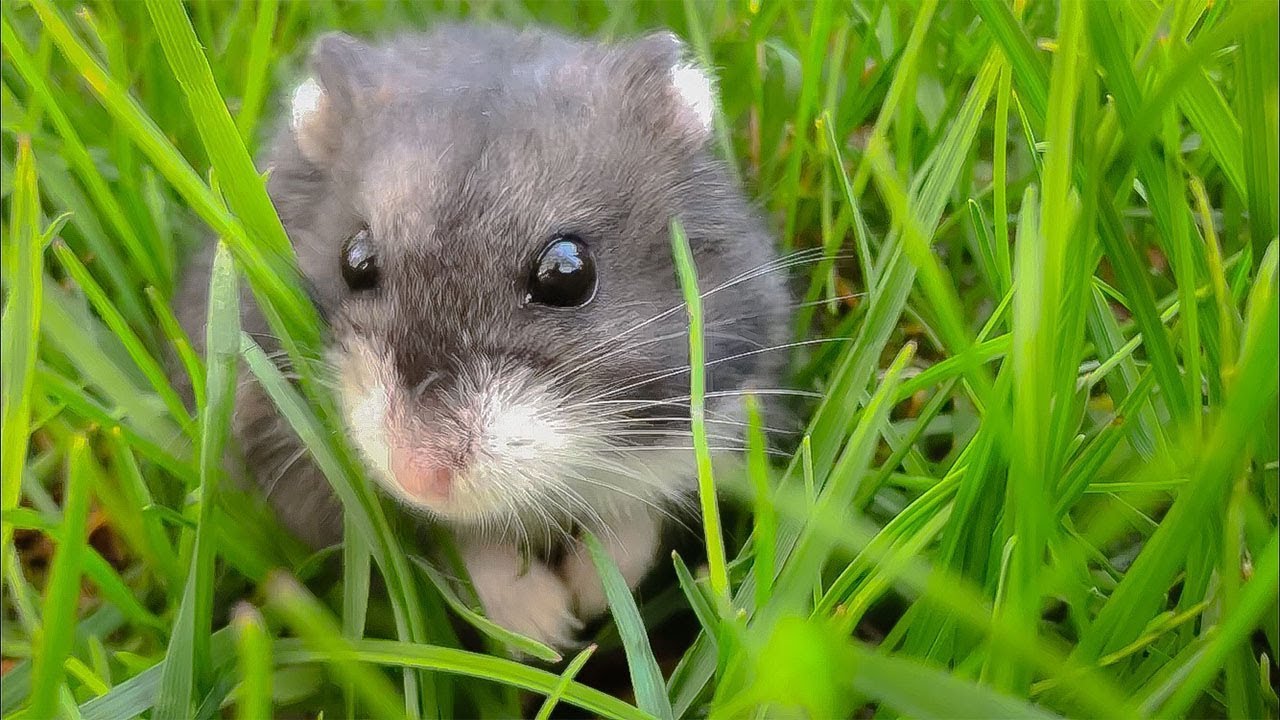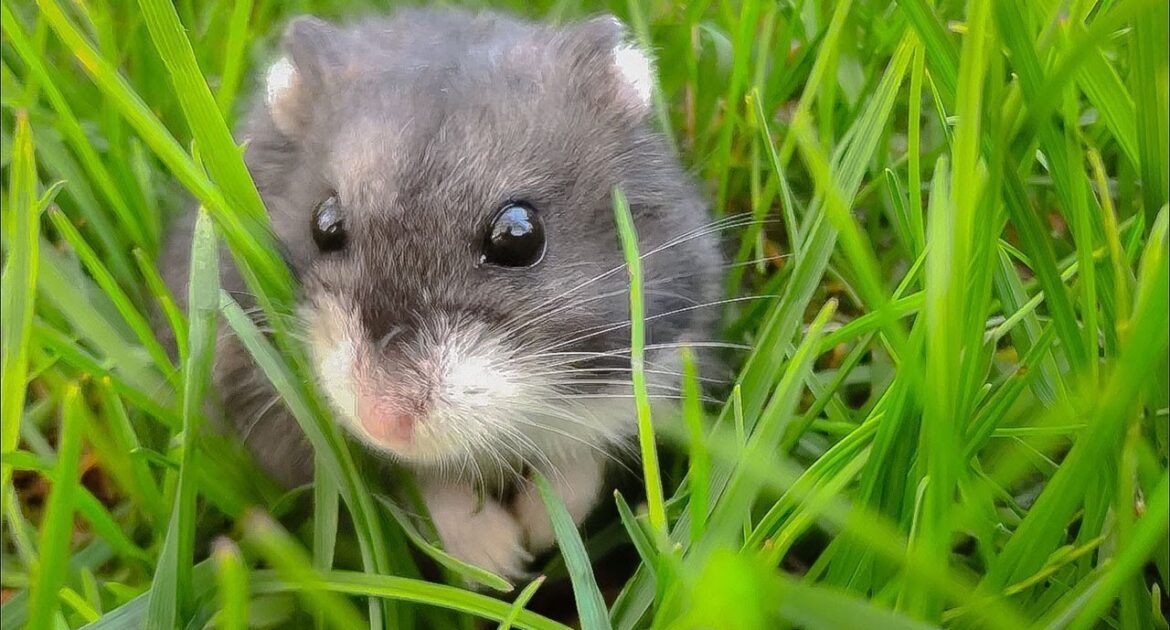Mice in your garden may not seem like as big a problem as mice in your house. However, small rodents can cause mischief anywhere on your property. If you see any signs of them, it is reason enough to call for wildlife control in Okanagan. This is especially true if you grow vegetables in your garden rather than just flowers.
Why Do Mice Infest Vegetable Gardens?
Mice are always looking for sources of food that are plentiful and accessible. A vegetable garden meets both criteria. Mice primarily feed on cereal vegetation, including corn, but they can eat almost any type of vegetation.
How Do You Know if You Have Mice in Your Garden?
You usually do not see mice active during the day, but if you go out to your garden in the early morning, you may catch them in the act of foraging. Mice are gray to brown in colour and can be up to seven inches long, and if you see one in your garden, you’ll probably recognize it immediately.
Because mice are more active when it is dark, you may not see them. However, you may find other signs of their presence. For example, look in hidden spaces in your garden for nests made of grass. You may find mouse droppings, which are small, dark, cylindrical, and about the same size as a grain of rice. You may also find damage to vegetables from where the mice have been feeding on them. For example, squashes may have teeth marks from the mouse’s gnawing, or the ears of corn may be missing grains.
Why Is It Dangerous To Have Mice in the Garden?
Not only can mice do damage to your vegetables, but they may also be contaminating the soil in which they grow. Mice can carry dangerous bacteria and viruses that can spread through urine and feces. While some animals designate a specific spot in which to urinate and defecate, mice do so indiscriminately. If you have a mouse problem in your garden, you should protect yourself when you turn the soil by wearing a tightly-fitting face mask as well as gloves. Be aware that the bacteria may be close to your plants and know the risks of contamination.
Another reason why mice in your garden pose a risk is that they may not stay there. If they are already in your garden, they may eventually move into your house, especially as the weather gets colder and food sources outside dwindle.
How Can You Deter Mice From Your Garden?
The best way to deter mice from your garden is to keep it clean and tidy. Clutter in the garden creates places for mice to hide. Raking up debris, pulling weeds, and trimming long grass removes their cover.
You may also be able to deter mice from your garden by including plants that mice don’t like. Mice use their sense of smell to find food, so they don’t like strong-smelling plants, such as garlic, onions, and mint. Plants such as these may help to discourage mice from your garden, but they should not be your first or only defence against them. Mice are strongly motivated by hunger, and if they find a good source of food, they may go to great lengths to get to it.
You should not attempt to use traps for mice removal in your garden. Traps are inhumane and could pose a risk to pets or other wild animals that are beneficial or protected.
Why Should You Call Skedaddle for Wildlife Control in Okanagan?
Mice have an important role to play in the ecosystem. Our technicians humanely remove mice from your property. We also clean and decontaminate where they have been to protect you from disease. Find out about our process in more detail.




